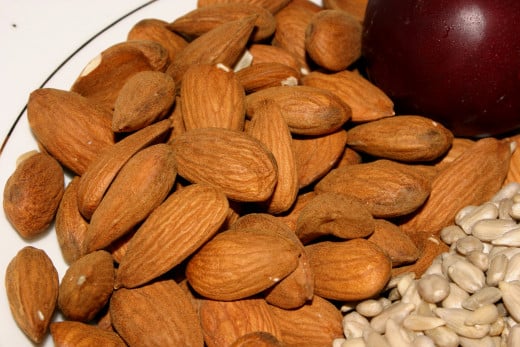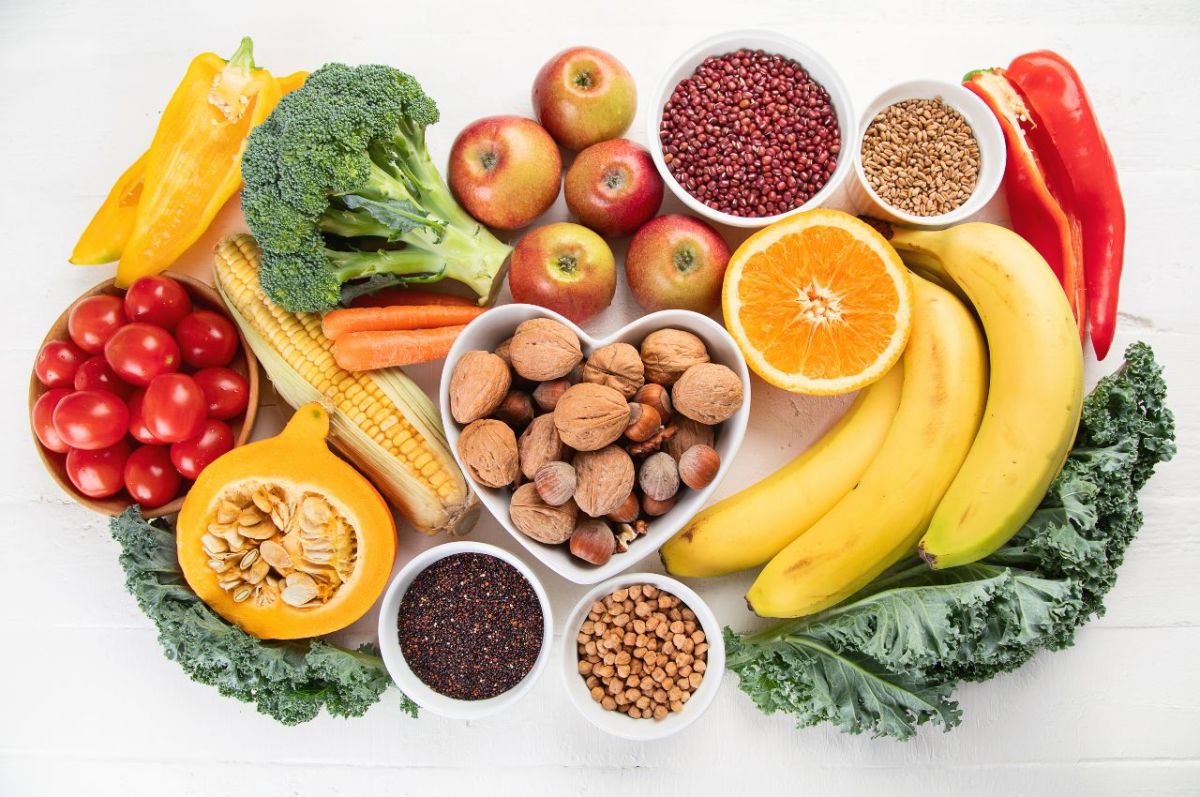Fiber Can Lower Cholesterol
It's True - Oatmeal can Lower Your Cholesterol!

Eat High-Fiber Foods to Lower Cholesterol Levels
You probably know fiber is good for you, but you might be surprised at what all it can do for your body. Aside from, um, regularity, the right kind of fiber can lower cholesterol and help you manage several health conditions.
The key, though, is to include the right kind of fiber in your diet. All fiber has value (just keeping our elimination systems working well is very important), but the right kind of fiber does far more than just keep you regular.
There are two types of fiber, soluble and insoluble. When you read a label, the two will usually be listed separately to help consumers know what they’re eating. But many people don’t understand the difference between the two, and the terms are indeed confusing.
Insoluble fiber is the one most known for helping food move through your digestive track. It absorbs moisture during its trip through your system, and helps in eliminating solid waste.
Soluble fiber, though, behaves differently and is the key to lowering cholesterol. Here's some information on soluble fiber, to help you get started on a healthier diet:
How Fiber Lowers Cholesterol
Soluble Fiber and Cholesterol
Soluble fiber interacts with the contents of your digestive tracts and helps change its make-up, absorbing water water and becoming ‘fermented’ (from the bacteria in your intestines) and gelatin-like.
This transformation is what allows soluble fiber to help lower cholesterol. Soluble fiber in the digestive tract binds with bile acids while in the small intestine and inhibits their ability to be absorbed by the body, which lowers the cholesterol levels in your blood.
The process described above is the reason oatmeal (among other foods) is touted for its ability to lower cholesterol. Oatmeal is a good source of soluble fiber.
In addition to helping to manage high cholesterol, soluble fiber helps regular blood sugar by lowering the body’s ‘sugar response’ after meals. As those with diabetes know, your glucose level can rise dramatically right after you eat.
If you eat just 5-10 grams of soluble fiber a day, your body will likely see a positive response through a lowered LDL (bad cholesterol) level.
Foods High in Soluble Fiber
Many foods are good sources of fiber, you just need to know what to look for.
Most foods will have some soluble and some insoluble fiber, so don’t worry too much about narrowing your focus.
You've likely been encouraged all your life to eat many familiar foods listed below - as in, "An apple a day keeps the..." Well - you get the idea!
Here are some good choices if you want to eat more soluble fiber:
- Bananas
- Apples
- Pears
- Prunes
- Beans
- Oatmeal
- Barley
- Peas
- Carrots
- Citrus Fruits
- Psyllium
Almonds are a source of fiber

What Do You Think? Take this poll!
Do you think you get enough fiber in your diet?
Benefits of Insoluble Fiber
Just because insoluble fiber doesn’t behave the same way as soluble fiber doesn’t mean it is without value.
Insoluble fiber creates all-important bulk and can help address constipation, irregular bowel habits and other digestive issues.
Normalizing your bowel movements can help you feel more energetic and less sluggish.
Interestingly, although it seems contradictory, insoluble fiber can also help address issues with watery or loose stools.
Some have also seen improvement in irritable bowel syndrome (IBS).
This type of fiber also helps you feel full and can help you control overeating, if you pay attention to that feeling.
But it also is known to help reduce the risk of diabetes, for reasons not yet fully understood.
A healthy and balanced diet should include choices from both types of fibers, as well as from all the major food groups.
Good sources of insoluble fiber include:
- · Whole Wheat Products
- · Nuts
- · Wheat Bran
- · Vegetables (many are good sources)
- · Skins of Fruits and Vegetables (such as plums)
Does Fiber Cause Bloating?
A sudden increase in your daily fiber can cause bloating and discomfort, and in general, you may experience this type of feeling even when you are consuming a recommended amount each day.
You can also experience an increase in intestinal gas (as indicated when feeling bloated).
Be sure to stay hydrated and drink the proper amount of water each day, otherwise, you could get constipation from not having enough fluid to help the bulk move through your body.
Fiber is essential for good body maintenance and health; unfortunately, today’s focus on processed foods and drive-through meals has reduced the daily intake of fiber for many people. But with a few modifications, and some information on how you can add more fiber to your diet, you can change your eating habits and enjoy the benefits diet offers for your health and wellbeing.










